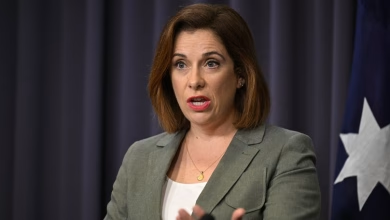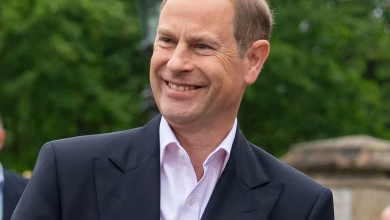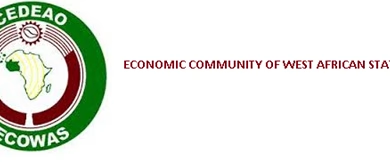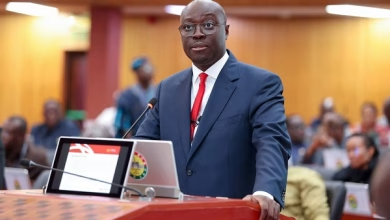Election 2024: Bawumia Vows Enhanced Accountability Compared to Mahama
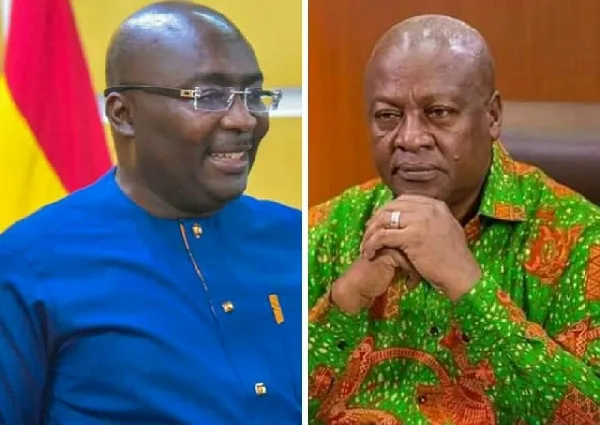
- Dr. Bawumia pledges a higher level of accountability compared to his opponent
- Bawumia eyes eight-year presidential term
- Bawumia contrasts his accountability-focused approach with Mahama's potential single-term presidency
During his recent campaign tour in the Ashanti Region, Dr. Mahamudu Bawumia, the New Patriotic Party’s presidential candidate, made a commitment to a higher level of accountability than his opponent, former President John Dramani Mahama.
Bawumia asserted that his aspiration for an eight-year presidential term, in contrast to Mahama’s potential four-year service, would drive him to prioritize accountability to the Ghanaian people.
Speaking to various professional groups in Kumasi, Bawumia explained that the prospect of serving two terms would necessitate a steadfast dedication to delivering results and maintaining transparency.
He emphasized the significance of justifying his performance during the initial term to secure a renewal of trust for the subsequent four years.
Bawumia underscored the contrast by suggesting that Mahama’s focus on a single term might lead to a lack of accountability once elected.
He portrayed his opponent’s tenure as potentially lacking in follow-up and evaluation, contrasting it with his own pledge to regularly report back to the electorate on his achievements and seek their endorsement for continued leadership.
“I also believe that if you make me president, I will be more accountable to you because I will be seeking an 8-year term,” Bawumia stated. “An 8-year term means that you are initially granting me a 4-year mandate, compelling me to work diligently to earn another four years.
So, I will be more accountable. I will come back to you and present what I have accomplished, and then you can decide whether to renew my mandate.”
He concluded by contrasting his vision for accountability with his opponent’s potential term, suggesting that while he would remain engaged with the people throughout his tenure, Mahama might not prioritize the same level of ongoing communication and evaluation.



